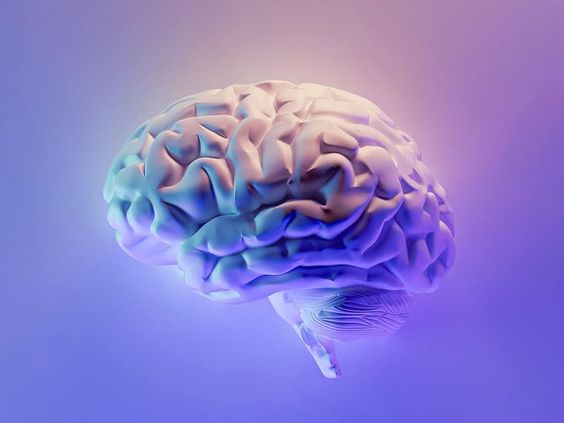Understanding Alzheimer’s Disease
Alzheimer's disease is a progressive brain disorder that slowly destroys memory and thinking skills, and eventually, the ability to carry out the simplest tasks. It is the most common cause of dementia — a continuous decline in thinking, behavioral and social skills that disrupts a person's ability to function independently.

The exact causes of Alzheimer's disease are not fully understood, but it is characterized by changes in the brain, including the buildup of abnormal proteins (amyloid plaques and tau tangles) that disrupt the work of brain cells (neurons). This disruption affects communication, metabolism, and repair, ultimately leading to the death of neurons and the loss of brain tissue.
Symptoms and Diagnosis
Symptoms of Alzheimer's disease typically appear in stages, starting with mild memory problems and progressing to severe cognitive impairment. Early signs can include forgetting recent conversations or events, difficulty with problem-solving and planning, and changes in mood and personality. As the disease advances, individuals may experience disorientation, confusion, difficulty recognizing loved ones, and behavioral changes.
Diagnosing Alzheimer's disease involves a comprehensive medical evaluation, including a review of medical history, cognitive and memory tests, and brain imaging scans. While there is no single test to definitively diagnose Alzheimer's, this multi-faceted approach helps rule out other conditions and determine the presence and stage of the disease.





